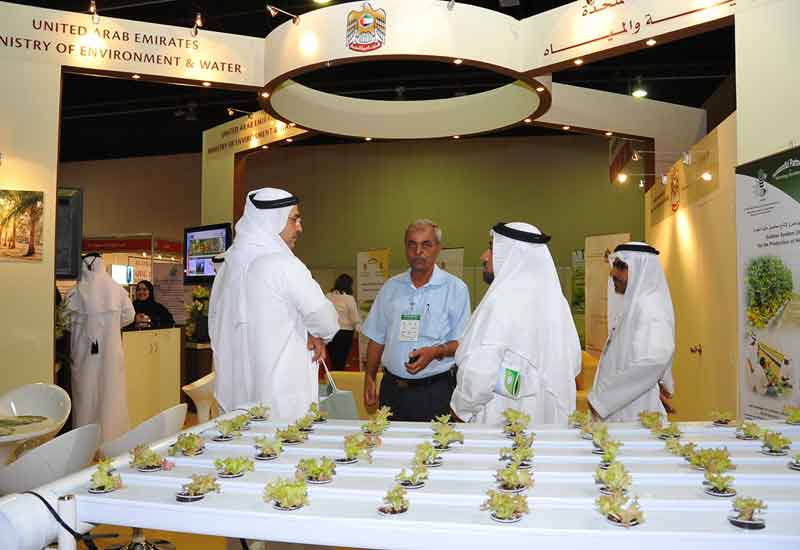GCC governments are investing heavily in outside farmland acquisitions and leases, as well as injecting money into the domestic food production industry, in an effort to secure food supplies to the region and safeguard against market fluctuations, says research analysts Alpen Capital.
Investing the most is Saudi Arabia, which currently has US$23.1 billion in food security initiatives, including US$12.3 billion for the development of the food processing sector, and US $6 billion in financial and oil aid to Pakistan in return for agricultural land.
The UAE has recently acquired or leased more than 1.4 million hectares of arable land in Sudan, Pakistan, and Morocco, while investing US$1.4 billion in the country’s value-added food manufacturing sector, resulting in 150 food processing plants.

| Advertisement |
As part of plans to be completely self-sufficient by 2023, Qatar has invested US$5.1 billion in various food security initiatives, including leasing 400,000 hectares of land in Kenya against a US$3.5 billion loan to the Kenyan government, while also establishing a US$1 billion joint venture with Vietnam to provide 90% of funds for investment in various sectors, including agriculture.
Ensuring food security remains one of the most important issues for all GCC countries: according to the Economist Intelligence Unit, the six GCC states currently import 90% of all food products. The high reliance on imports mean the region is particularly vulnerable to price increases when supplies are interrupted.
Richard Pavitt, exhibition director for AGRA Middle East, the upcoming agriculture business trade event, said: “Disruption in food imports, either due to policy restrictions by exporting countries or natural disasters, affects the GCC region significantly, thereby emphasising the importance for the governments in the region to achieve food security in order to reduce their dependence on imports.”
In its efforts to attain self-sufficiency in the fish sector and agricultural products, Kuwait allocated US$80 million in 2011 to the newly established Public Authority for Agriculture Affairs & Fish Resources (PAAAFR), while investment in land projects in Sudan, Cambodia, and Vietnam is ongoing.
Meanwhile Oman has boosted its fisheries, modern irrigation systems, agricultural production and livestock breeding technologies with up to US$361 million of investment in the past two years, while Bahrain has purchased farmland in India, Pakistan, Philippines, Thailand, Turkey and Sudan, with 112 of their own food manufacturing plants.
The figures were collated by research analysts Alpen Capital in the build up to AGRA Middle East, which takes place from 2-4 April at the Dubai International Conference and Exhibition Centre.
The region’s largest agriculture business trade event, AGRA Middle East will host more than 180 international manufacturers and suppliers of agribusiness equipment and technology from 30 countries looking to showcase their products to importers, buyers and government officials from across the Middle East.









 Search our database of more than 2,700 industry companies
Search our database of more than 2,700 industry companies









